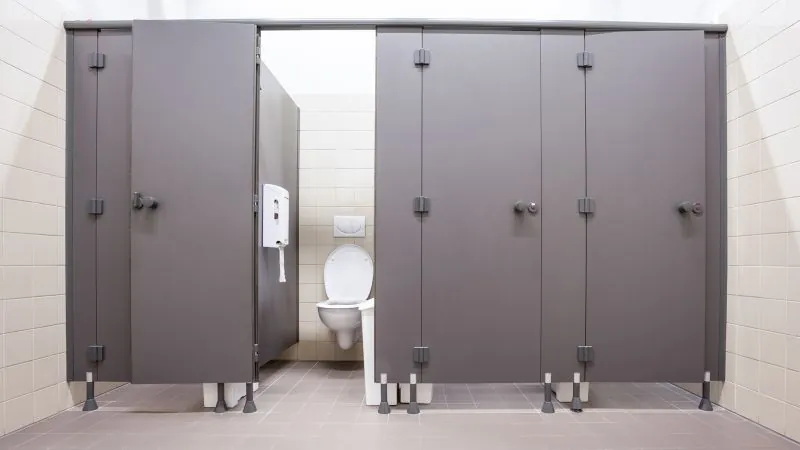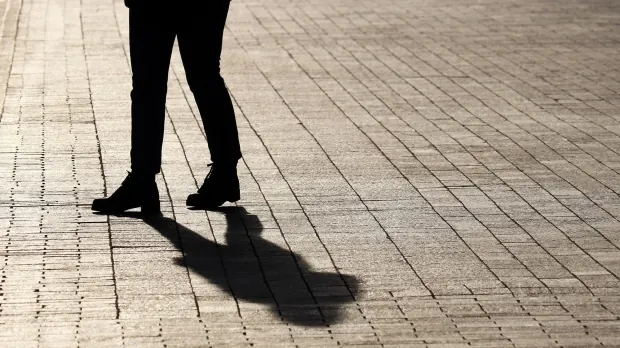
The Hidden Dangers of Holding Your Pee: What Experts Want You to Know!
2024-12-15
Author: Benjamin
Understanding the Urinary Process
When the urge to urinate strikes, many of us often find ourselves choosing productivity or entertainment over heeding our bodily signals. How many times have you held off going to the bathroom during a long meeting, a gripping movie, or even a road trip, just to avoid missing a beat? While occasional urinary delays may seem harmless, frequent suppression of urges can lead to serious health risks.
Dr. Jason Kim, a clinical associate professor of urology at Stony Brook University, sheds light on this alarming behavior. He explains that the body’s urination process is controlled by a complex neurological system. “Your kidneys produce urine, which travels down the ureters into the bladder. The normal bladder capacity ranges from 400 to 600 cubic centimeters,” he notes. As the bladder fills, nerve receptors signal the brain to prepare for urination, but societal constraints often compel us to wait for a 'better' moment.
Health Risks of Holding Your Urine
Continuing this practice can have significant health consequences. “Holding in urine increases the risk of urinary tract infections (UTIs),” warns Dr. Jamin Brahmbhatt of Orlando Health. When urine is retained, it provides a fertile environment for bacteria, leading to potential infections, particularly for those with female anatomy. Following sexual activity, it is even more crucial for women to urinate to prevent bacterial intrusion into the urethra.
If untreated, a UTI can escalate into a kidney infection, and possibly sepsis if it reaches the bloodstream. Over time, habitual retention can weaken bladder muscles, complicating the ability to fully empty the bladder and establishing a vicious cycle of remaining urine and further risk of infection.
Occupational Considerations
Certain professions, like nursing or teaching, often require individuals to ignore their bodily cues, leading to more pronounced issues. If you find yourself unable to urinate, do not disregard this signal; seek medical help immediately. Treatment options can include intermittent catheterization, long-term catheterization, or sacral neuromodulation—a procedure that could restore proper bladder function.
Severe Complications
In severe cases, habitual holding can back up urine into the kidneys, potentially causing hydronephrosis, a painful condition marked by kidney swelling, along with other complications like abdominal pain and bladder stones.
Who is at Risk?
While the occasional delay of a few hours is typically harmless for a healthy individual, consistently ignoring the urge to visit the restroom can strain your bladder and kidneys. This risk heightens for certain groups, including the elderly, pregnant women, and those with underlying health conditions like neurogenic bladder disorders or compromised immune systems.
Prioritizing Your Health
For those who find public restrooms uncomfortable, it’s crucial to prioritize your health. Carry disinfecting wipes or seat covers to make the experience more bearable, reassuring yourself that answering nature’s call is more beneficial than the discomfort of waiting.
Take Action
Have you been ignoring your body's signals? Learn more about the potential symptoms of overactive bladder syndrome, diabetes, or UTIs by consulting a urologist. Take control of your health today—because when it comes to your bladder, the best way is to listen and act when the urge arises!









 Brasil (PT)
Brasil (PT)
 Canada (EN)
Canada (EN)
 Chile (ES)
Chile (ES)
 España (ES)
España (ES)
 France (FR)
France (FR)
 Hong Kong (EN)
Hong Kong (EN)
 Italia (IT)
Italia (IT)
 日本 (JA)
日本 (JA)
 Magyarország (HU)
Magyarország (HU)
 Norge (NO)
Norge (NO)
 Polska (PL)
Polska (PL)
 Schweiz (DE)
Schweiz (DE)
 Singapore (EN)
Singapore (EN)
 Sverige (SV)
Sverige (SV)
 Suomi (FI)
Suomi (FI)
 Türkiye (TR)
Türkiye (TR)